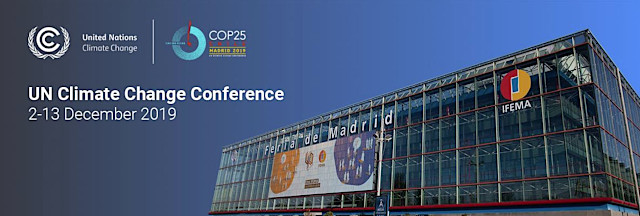Background
In 2011, GWP noticed a disconnect – a lack of coherence in the global negotiations on climate change, national development planning and water management – and decided to do something to address the gap. This led to the launch of the Global Water Climate Development Programme (WACDEP), the Integrated Drought Management Programme (IDMP) with the World Metrological Organization (WMO), as well as a scaled up Associated Flood Management Programme (APFM), also with WMO.
Working with Partners, GWP has supported over 60 countries to improve their resilience to climate change and influenced over $1.2 billion in water related investments. In the last 18 months, in collaboration with the Green Climate Fund (GCF), GWP has supported over 77 countries to address constraints faced on accessing climate finance from the GCF to implement well prioritized and sequenced climate resilience water projects. GWP has established project preparation partnerships in Africa, Asia, and plans are underway in Latin America and the Caribbean.
Water is on the climate agenda – but more is needed
Water has come a long way in the global climate change negotiations. Ten years ago, there were very few discussions on water in the climate change negotiations. Today, as the interconnectedness between climate induced risks and water has become more apparent and the impacts from increased frequency of water related hazards such as droughts, floods and extreme heat waves have become more frequent and severe, the global climate negotiations have taken note.
While water events have become the norm during global climate negotiations, another gap has been noticed. The conversations on water and adaptation are one sided, driven by the water community. In many ways, water is still on the margins of the solutions for climate change in climate change negotiations. Water needs to become mainstream as the climate impacts are felt through water and over 90% National Determined Contributions (NDCs) and virtually all National Adaptation Plans (NAPs), prioritize water. There is little time to act and the window of opportunity to build resilient water management systems is fast closing.
Many questions to address
Building resilience to the adverse effects of climate change on water requires a comprehensive approach and a long-term outlook.
Yet, how can we envision the whole spectrum of future water challenges and opportunities without considering the impacts of digital transformation including implications of artificial intelligence, big data, blockchain and biotechnology? How can we mitigate future climate induced water risks without factoring in the possible evolution of emerging social trends powered by a sustainability ethos, such as local and organic production and consumption practices? How can we think long term without using the tools of futurists and foresight experts, and applying new skills to envision and co-create the future? How can we enhance our creativity and develop our sensitivity to the world without engaging with artists? How can we conceive of a climate-resilient water future for the world ecosystem without being mindful?
Using practical examples of climate hotspots such as the Aral Sea, Lake Chad, City of Cape Town and others, the Water Resilient Frontiers’ initiative will explore these questions, learn from practice and foster long term thinking about water resilience beyond 2030.

